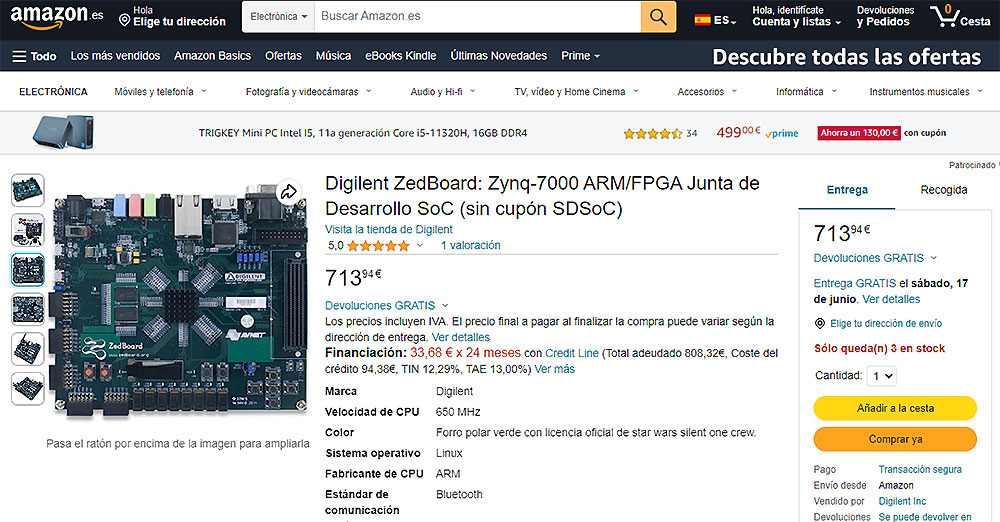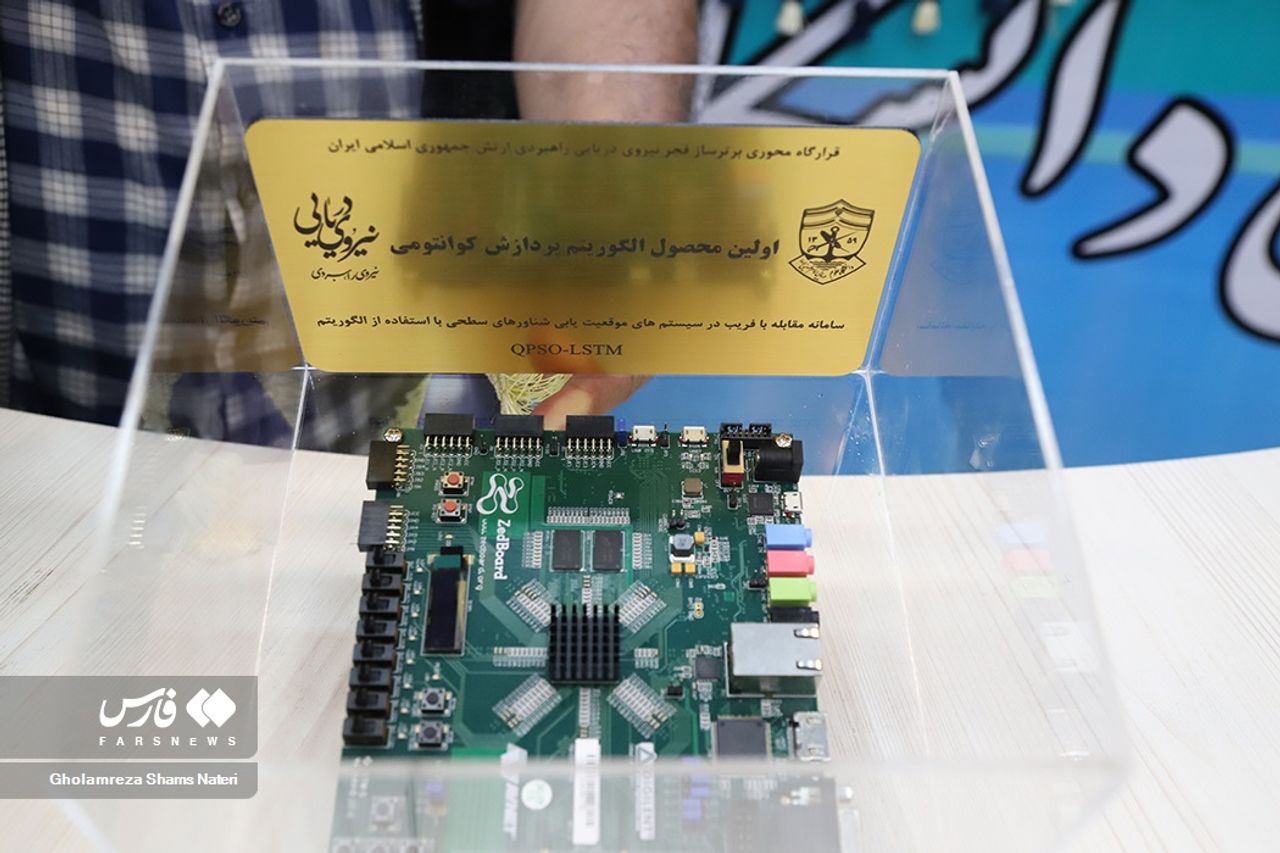
Last week, Iran's Rear Admiral Habibollah Sayyari stunned the quantum computing world by claiming the country had already developed and deployed quantum computing products to aid its military operations. But it now seems there was quite a bit less quantum involved than claimed. It seems the quantum computing board showcased by the Rear Admiral just last week had zero quantum computing in it and 100% of an Amazon-available ARM-based development board (ZedBoard), built by US-based Digilent.
Oh, the irony.

Read Admiral Habibollah Sayyari, Coordinating Deputy of the IR Army and the former Commander of the Iranian Navy, posed for photographs with other high-ranking military officials while claiming the newly-designed quantum computing board brought the country's capabilities towards the cutting edge. Namely, it was claimed that quantum computing was already being deployed by the Iranian military to "counter navigation deception in detecting surface vessels using the quantum algorithms."
Every company and state (and their mothers) seem keen to show off their quantum computing capabilities. This is an understandable stance; quantum computing is expected to be the "next big thing" in computing (even though the ChatGPTs and AI advancements of the world have been eclipsing quantum in the population's mind). Considering quantum computing's implications on communications security, cryptography, and many other crucial technological areas, it's expected that certain actors flex their quantum muscles towards opponents - it's both a deterrent and a claim of technological superiority.

Of course, stunts such as these do sometimes bite back; Persian media has already ridiculed the move, which has had the unintended side-effect of showcasing just how behind the quantum curve Iran really is: so much so that a gold plaque can be made for a €700, dual-core, DDR3-toting development board. It seems that the Iranian government did manage to get some quantum onto its announcement, considering how its narrative has decohered. But that's not usually the intention of making quantum computing-related announcements, is it?
For now, it seems that users looking for an over-the-counter quantum computing experience will still have to settle for SpinQ's education-aimed "Quantops." Those at least allow you to simulate qubits, which still is 100% more of them than available on Iran's ZedBoard.







